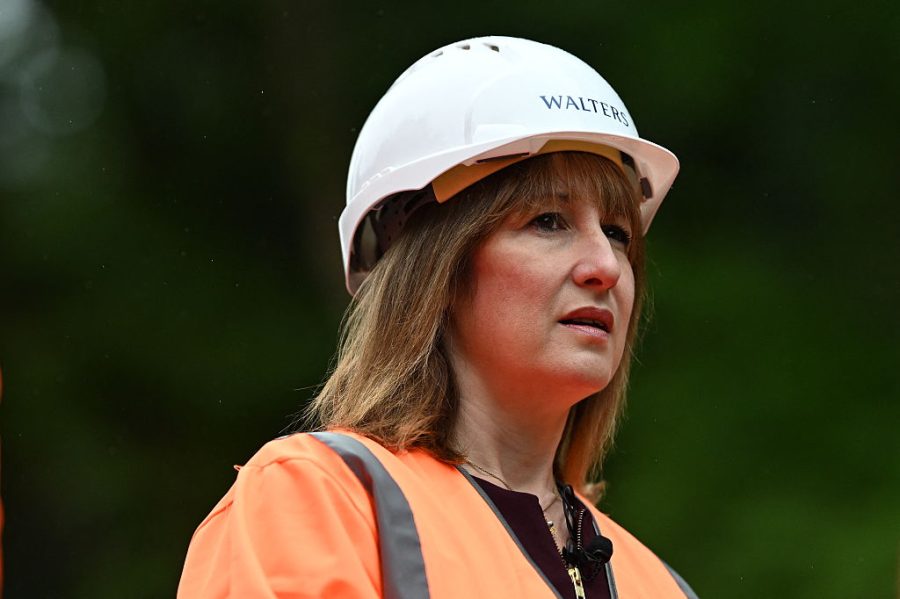Will yesterday’s cut in interest rates bring relief to the government in its economic problems, offering a breather to people who feel that their living standards are declining? That is unlikely for two reasons. Firstly, people buying homes with mortgages – the most obvious beneficiaries of a cut in interest rates – are more likely nowadays to be on fixed rates. Few will benefit from an immediate cut to the Bank of England base rate; in fact, there are still many homebuyers who are coming off five-year fixed rates they took out at the height of Covid, when interest rates were still at near-zero. They will experience a shock, regardless of the fact the Bank of England’s base rate has just come down.
The recovery in real incomes, however, seems to be coming to an abrupt halt
Secondly, the Bank of England’s Monetary Policy Committee (MPC) did not make its decision yesterday (after a split vote) from a position of strength. It did not say, inflation is falling, monetary conditions look benign and therefore it is safe to reduce interest rates. Rather, it cut them in spite of rising inflation because it fears the economy is faltering. The true misery for the government is there to be seen in the MPC’s prediction that living standards will stagnate over the coming year.
In the popular imagination Britain has been experiencing a ‘cost of living crisis’ ever since the pandemic. But that is not really true. It is the case that living standards plunged between the end of 2021 and the middle of 2023 – in the depths between May and July 2022 real pay was shrinking at a rate of 2.8 per cent a year, thanks especially to soaring energy prices (which were rising sharply even before the Ukraine invasion). Yet a year later, growth in real pay turned positive again. In the final year of the Conservative government – as well as the early months of Labour – real pay was growing at quite a clip. In the year to April-June 2024, real wages grew by 2.4 per cent. Not that the Tories benefited from what should have been recognised as the end of the cost of living crisis – voters seemed in no mood to accept that living standards were rising again and certainly not to give the then government any credit.
The recovery in real incomes, however, seems to be coming to an abrupt halt. Between March and May this year, real growth in regular pay was down to 1.1 per cent. In coming months, the Bank of England sees it as stagnating or even turning negative. Nominal growth in private sector pay, it notes, is down to 3.75 per cent, while inflation is expected to peak at 4 per cent this autumn. We are, in other words, heading back to a cost of living crisis in which real incomes start to shrink. Moreover, the Bank expects the unemployment rate to increase to 5 per cent – a problem we did not have so much in 2022.
As if the government were not unpopular enough already, its position is not going to be helped by falling real incomes. At least the Conservative government could claim an excuse in the form of Covid and the energy crisis exacerbated by the invasion of Ukraine. It is far from obvious why real incomes should start to fall now – other than the self-inflicted harm wrought on the economy by Rachel Reeves’ tax rises, in particular the increase in employer National Insurance contributions, which has been followed by a sharp fall in the number of salaried jobs.
At the time of last October’s Budget, many economists warned that while the extra tax burden was notionally on the shoulders of employers, it would inevitably filter down to affect workers’ pay packets. That seems indeed to be happening. Indeed, it seems to have helped bring about a return to the cost of living crisis.







Comments